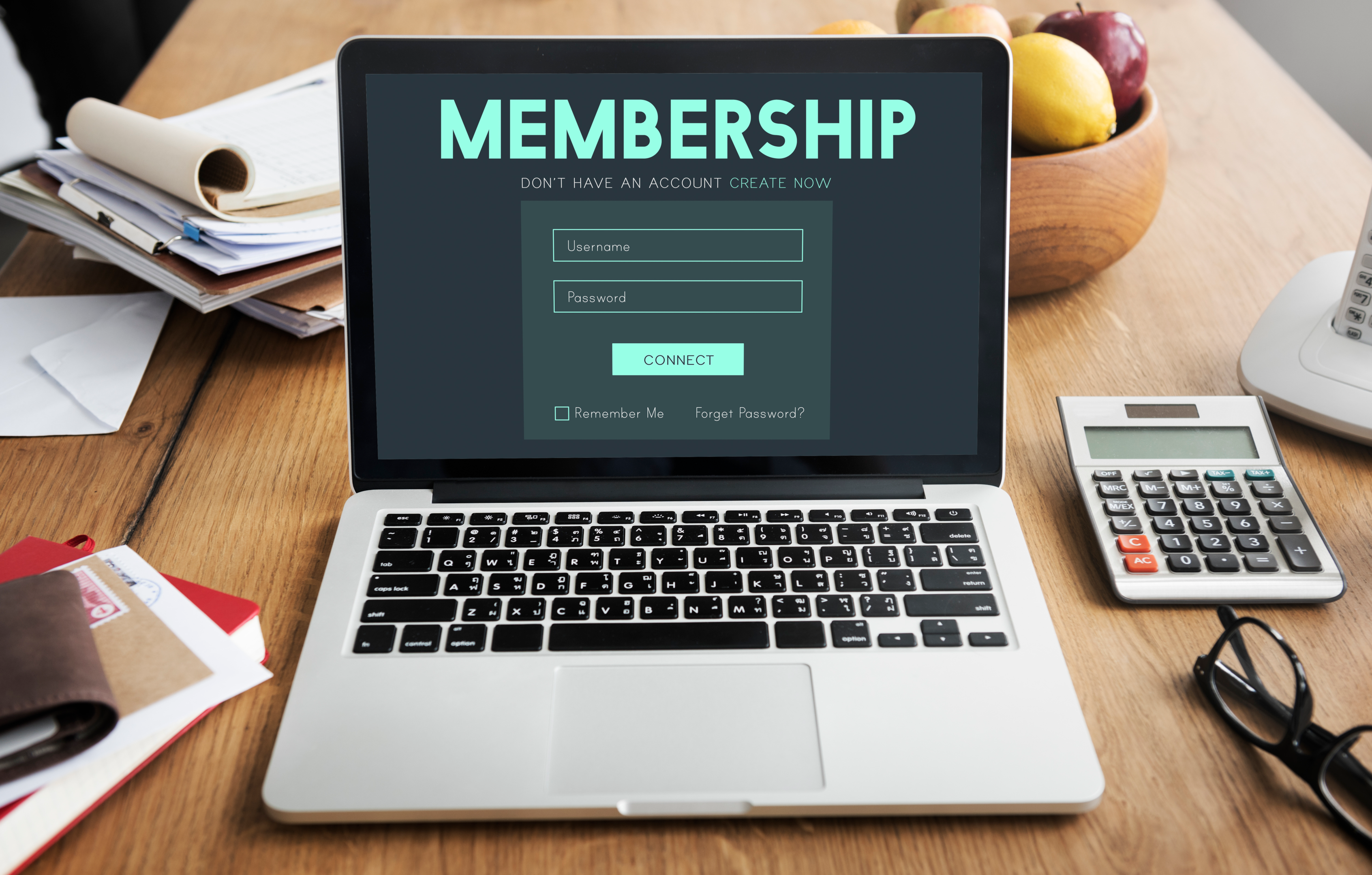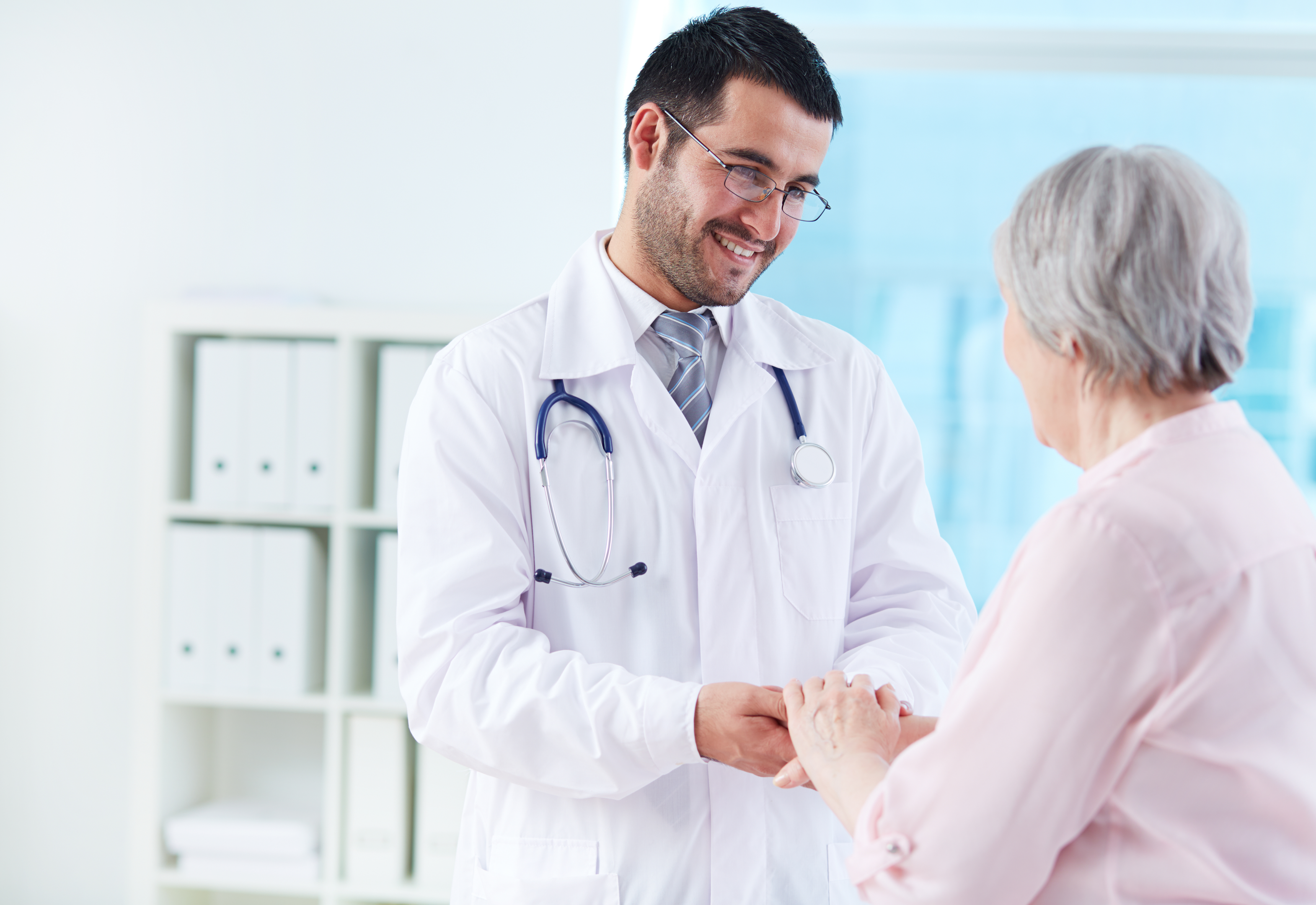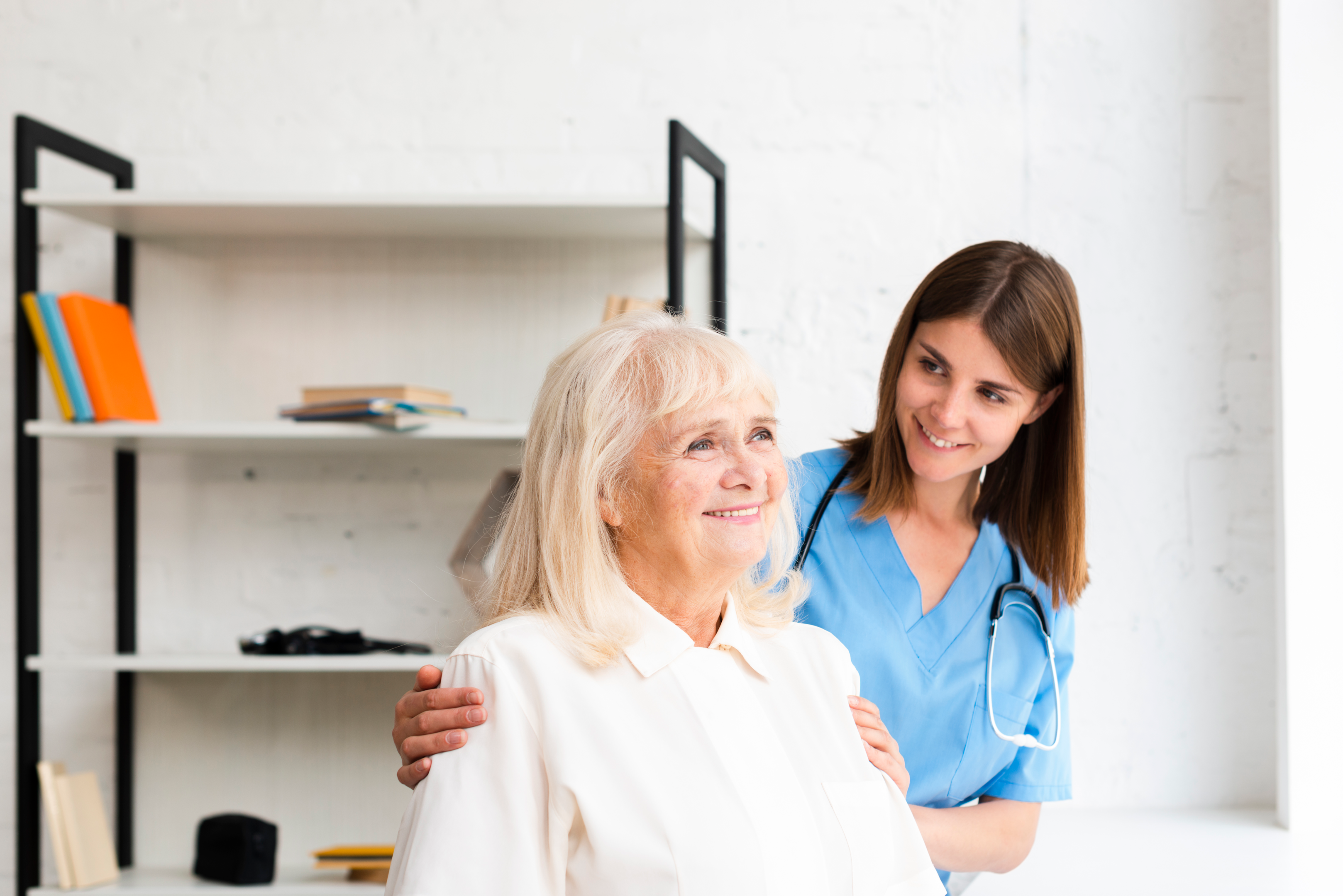What is the British menopause society?


The British Menopause Society (BMS) guides healthcare professionals and the general public about menopause and post-reproductive healthcare issues.

Women's reproductive health is an integral part of community health. At the end of reproductive life, all women experience menopause, characterised by a permanent cessation of ovarian cyclicity.
To know more about menopause, its causes, symptoms, diagnosis, and management, click here to visit our information pages.
Menopause is not an ordinary event; it has an impact on the overall well-being of women. Understanding its importance, a specialist authority called the British Menopause Society (BMS) was established in 1989 with a mandate to guide health professionals and the general public about all aspects of menopause and post-menopause health issues. It helps to promote the optimal management of reproductive health issues.
What is its vision? How does it work? How can you become a member of this society? What benefits could be expected from the membership? Stay on the page for answers.
The society has a well elaborate vision which was published in 2017. The key points are;
To increase awareness (among professionals and the general public) about the health issues related to post-reproductive healthcare problems.
To promote and facilitate the optimum management of the issues by disseminating information, scientific publications, and educational programs.
Like other scientific and medical communities, it works by developing active linkages with all concerned people, e.g., professionals and the general public. So, it has two wings, one for professionals and the other for commoners.
It works at both the primary and secondary healthcare levels. Its primary means of communication are;
The society arranges various programs, e.g., lectures, meetings, exhibitions, workshops, conferences, seminars etc. It holds an annual conference (the recent 31st scientific conference was held between Jun-30 to Jul-01, 2022, in Warwick, England), the largest conference of its kind in Europe.

The website
The society maintains a wealth of information on its website through tool kits, videos, fact sheets, etc. The website provides information on menopause and post-menopause issues, e.g., osteoporosis, hormonal disturbances, and heart health issues. The website also has a news section to keep the visitors updated.

It also has a list of NHS-affiliated and private menopause specialists. This online register provides you easy access to the concerned person. The experts can apply for recognition and obtain certifications after fulfilling the required criteria. You can find the expert nearest to you by choosing your location.
The BMS publishes a quarterly Journal, 'Post Reproductive Health,' which publishes researches, opinions, news, and reports on post-menopause health.
A handbook titled "Management of the Menopause" is also published by the BMS. Its sixth edition (2017) is currently available, and the new edition is expected to be announced as the NICE guidelines are updated.
It is not a regular TV, but it is a series of short videos covering important topics related to menopause care. BMS experts produce these videos. You can also view these videos on the BMS's official YouTube channel.
The BMS also has an advisory council that includes several national and international healthcare experts who have expertise in post-menopause health management. These experts drive the scientific research on various post-reproductive health issues and authorise and review the materials available on the website.
Membership in the society is voluntary. The society offers paid membership for one year. You must fill out an online form and pay a subscription fee. The subscription opens a whole universe of information for you, providing access to the information, publications etc. The members also receive updates about upcoming educational programmes, seminars, events etc., through email.

The membership fees differ for different categories of people.
The membership is mutually beneficial. While, on the one hand, it allows society to carry out its functions, it also provides various benefits for the members. These benefits include;
The members get a printed copy of the quarterly Journal, exclusive access to the website, a free copy of the handbook, discounted rates on various programmes and publications, and email alerts for all events.
Participation in the training programmes related to menopause and post-menopause health management. These training programmes equip the participant clinicians with the required expertise to meet the ever-expanding needs of the patients.
Opportunity to participate in various programs, e.g., PPMC (Principles and Practices of Menopause Care). Some of these programs provide certification too.
The opportunities to participate in recognised courses that improve the qualifications and expertise to meet the patient's demands.
The members are also allowed to submit their abstracts and research materials.
The access to educational funds for junior professionals.
Access to the medical advisory council.
So, you might think it has nothing to do with you and is primarily concerned with healthcare professionals. Wait a minute. The society has an independent service called "Women's Health Concerns (WHC), which is concerned with the general public.
It was established in 1972 and was incorporated as a patient arm of the BMS in 2012. It educates women and girls of all ages about their well-being, lifestyle concerns, and overall health.

The WHC uses various means of communication, e.g., meetings, symposiums, seminars, telephone, email, fact sheets, and workshops (e.g., Living and Loving beyond 40).
The society also provides a handbook titled " Menopause- The One Stop Guide". It is authored by Kathy Abernathy, the former chairman of the society. This guide provides detailed information about managing and handling various menopause and post-menopause issues.
The BMS is a voluntary organisation that helps professionals and the general public manage menopause and post-reproductive healthcare issues. It uses various means of communication, e.g., an interactive website, seminars, workshops, conferences, video streaming etc., to achieve its goals.

It also provides various training courses for medical experts. You can join the BMS and enjoy its benefits.
At Welzo, we have a team of BMS-certified healthcare professionals. Click here to meet our professionals and have an online consultation. You may need hormone replacement therapy if you have an earlier onset of menopause. Click here to review our menopause care and treatment products.








Plus get the inside scoop on our latest content and updates in our monthly newsletter.